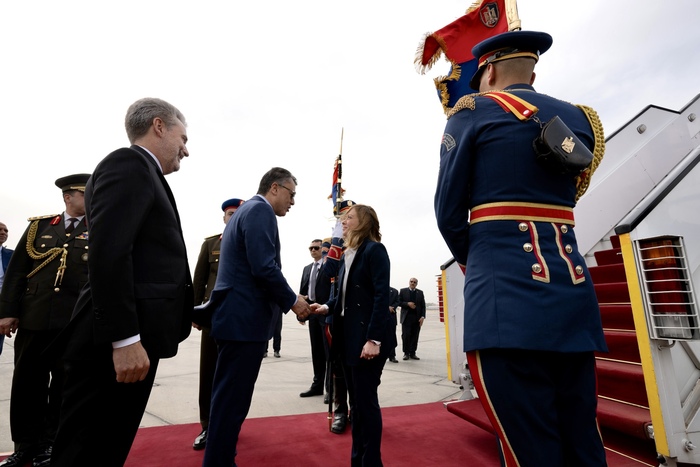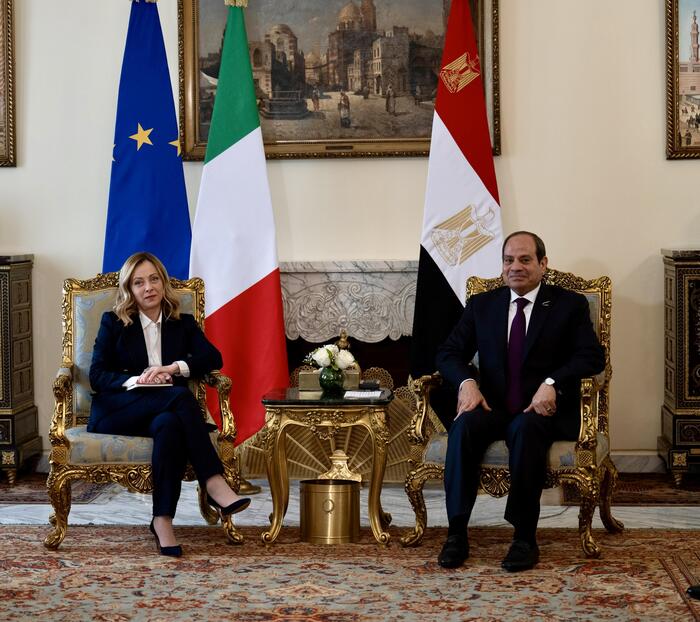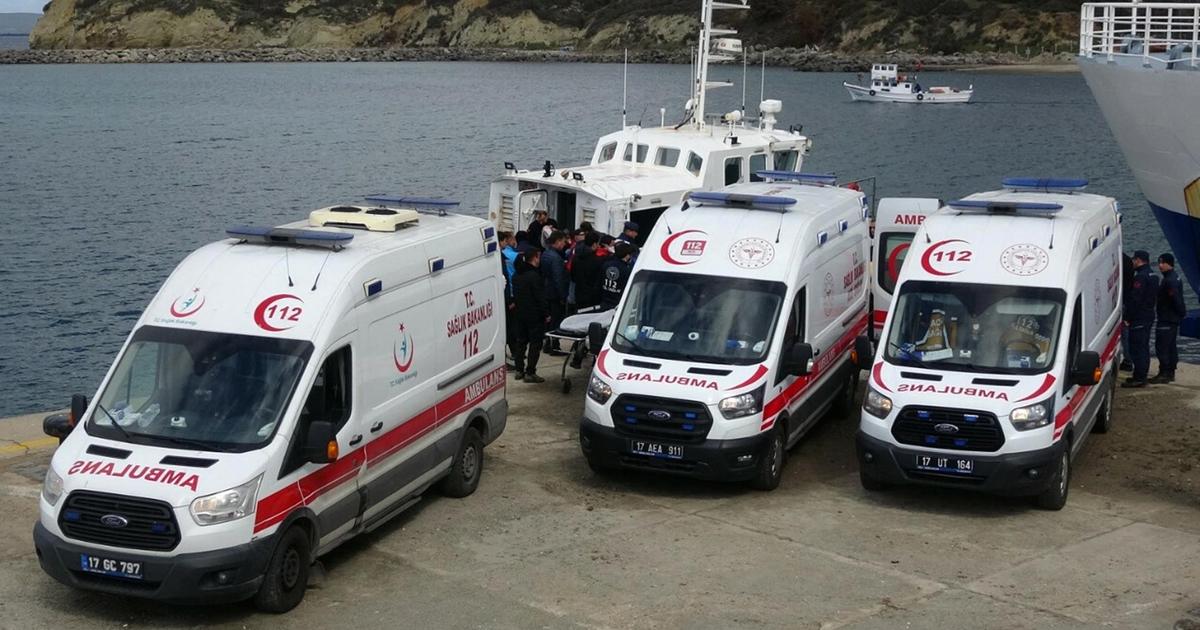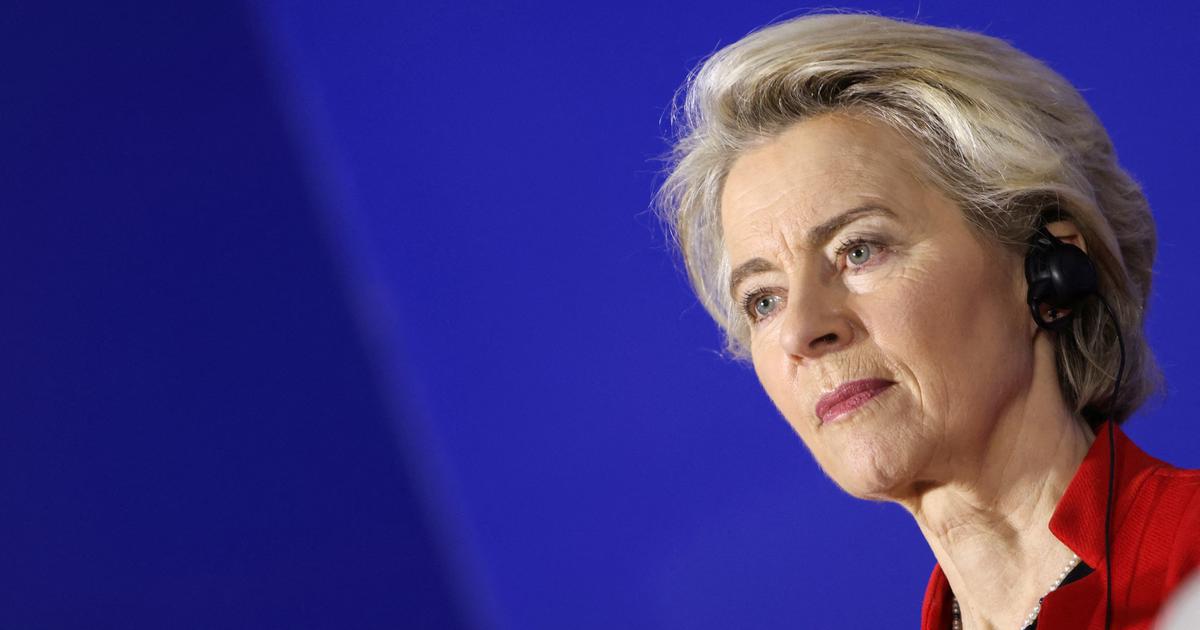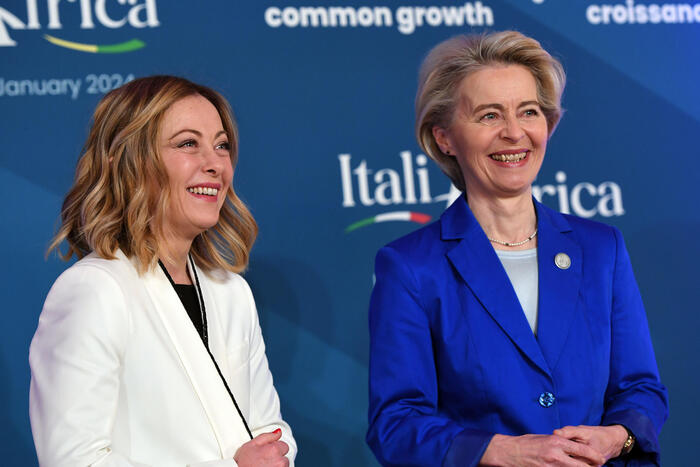Turkish Foreign Minister Mevlüt Çavusoglu announced on Friday that his country and Egypt have resumed contacts after years of feud.
“We have maintained contacts at the level of intelligence organizations and the Ministry of Foreign Affairs.
We are conducting negotiations and following a roadmap for this, "said the head of Turkish diplomacy.
In recent weeks there had been speculation about the opening of negotiations between the two governments within Ankara's strategy to repair relations with other countries in the region such as Israel, Greece, the United Arab Emirates (UAE) and Saudi Arabia, which have formed a united front to curb Turkish claims in the eastern Mediterranean.
After the 2013 coup, led by Marshal Abdel Fatah al Sisi, today Egyptian president, against the democratically elected government of Islamist Mohamed Morsi, relations between the two countries have deteriorated.
For the Turkish president, Recep Tayyip Erdogan, it was a blow and not only because Morsi was an ally and friend of his.
According to some of his former collaborators, the Turkish president took the Egyptian coup as something directed against himself and, in fact, interpreted the social protests that were taking place simultaneously in Turkey and Egypt - before the overthrow of Mors - as a plan promoted by foreign forces to overthrow him.
The Turkish Government welcomed the exiles who escaped the repression of Al Sisi and gave them all the facilities to establish media on Turkish soil, and even Erdogan adopted the sign of Rabia, from the Egyptian Muslim Brotherhood, as part of his symbolism. .
Although commercial exchanges were only slightly reduced, in the political sphere both countries started a kind of cold war.
Egypt expelled the Turkish ambassador and aligned itself with Greece, Cyprus and Israel - with the military support of France, UAE and Saudi Arabia - to agree on the division of the waters of the eastern Mediterranean and its underwater resources, as well as to establish energy cooperation projects. excluding Turkey.
Ankara, for its part, fought back with an increasingly aggressive policy, deploying its fleet in disputed waters and launching oil exploration in Cyprus waters.
“The process of diplomatic, economic and intelligence cooperation with Egypt continues.
There are no problems there.
We did not take it to the highest level [of representation], but a little below it.
But we want to strengthen this relationship and we will do so as soon as these conversations between intelligence services, diplomats and politicians are successful, ”President Erdogan explained this Friday, while regretting that Egypt and Saudi Arabia have aligned themselves with Greece, a country with the that Turkey maintains a dispute over the delimitation of its waters and exclusive economic zones in the Aegean and Mediterranean Seas.
Turkey and Greece resume talks on their maritime disputes five years after suspending them
Dictatorships extend repression beyond their borders
After the election of Joe Biden as president of the United States, several movements have been precipitated in the games of alliances in the Middle East and the Eastern Mediterranean, the rulers of this region aware that the new Administration will not be so permissive with certain behaviors as was that of Donald Trump.
The leaders of Saudi Arabia and the UAE, for example, have sent messages to Ankara seeking a normalization of relations and Turkish Minister Çavusoglu said on Friday that there is no reason not to fix the situation with both countries: “Yes [the Saudis] take positive steps, we will too.
The same is applicable to the United Arab Emirates ”.
With Israel, the Turkish government is trying to achieve rapprochement, although at the moment it has not obtained the expected results.
Sanctions
The threat of European sanctions on Turkey has also had an effect.
During 2020, it was approved to penalize certain Turkish officials involved in oil exploration, although several countries such as Spain, Germany and Italy pressed to avoid greater sanctions and the EU agreed to postpone this decision to coordinate it with the new US Executive. , technical delegations from Turkey and Greece met in Istanbul to discuss their maritime disputes for the first time after a five-year hiatus.
The next appointment will take place on the 16th and 17th in Athens, although it comes after a new controversy over the meeting of the Friendship Forum, organized at the end of February by Greece together with Egypt, Saudi Arabia, Cyprus, UAE, Bahrain and France and in which Turkey's policy was harshly questioned and accused of promoting “terrorism” and “overthrowing governments”.
"This initiative is an attempt to form an alliance hostile to Turkey, rather than to promote friendship," denounced the Turkish Foreign Ministry.
Gönül Tol, director of the Middle East Institute's Turkey program, writes that one should not expect too much from these Turkish-Greek talks, as while the prospect of Western sanctions "scares the Turkish president at a time of economic depression," balances of power and the need to rely on nationalist sectors "make it very difficult for Erdogan to make concessions on the Aegean and eastern Mediterranean issues." Polls in Turkey have indicated a drop in support for Erdogan's party for months, making him increasingly dependent on his alliance with the far-right MHP party. In the armed forces, Erdogan has also relied on nationalist-leaning officials who demand a more aggressive policy towards Greece.


/cloudfront-eu-central-1.images.arcpublishing.com/prisa/RYPA5FRAZ3W4EBDJLA3A5T2ZBI.jpg)
